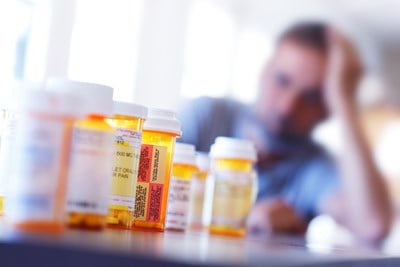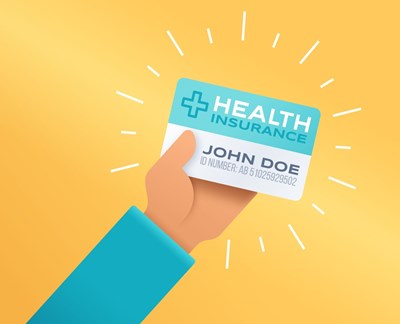WASHINGTON, D.C.—This Valentine’s Day, the American College of Emergency Physicians (ACEP) reminds everyone to pay attention to their heart health and recognize the signs of a heart attack or other cardiac emergencies.
“Spotting the signs of heart trouble and knowing when to go to the closest emergency department can dramatically increase your chances of survival and recovery,” said Gillian Schmitz, MD, FACEP, president of ACEP.
Heart disease is the leading cause of death in the United States. In fact, one person dies every 36 seconds from cardiovascular disease, according to the Centers for Disease Control and Prevention (CDC). A heart attack is not always a sudden, deadly event. Still, the longer the heart attack goes on without medical attention, the more permanent damage can occur.
Do not ignore the warning signs of a heart attack or wait until the symptoms become unbearable before seeking medical help. If warning signs or discomfort persist, it is extremely dangerous to ignore discomfort or wait until pain becomes unbearable, emergency physicians say. During a heart attack, some, but not all, of these symptoms may come and go:
- Uncomfortable pressure, fullness, squeezing sensation or pain in the center of the chest, lasting more than a few minutes
- Pain that spreads to the shoulders, neck, jaw, arms or back.
- Chest discomfort accompanied by lightheadedness, fainting, sweating, nausea or shortness of breath
There are less common warning signs of heart attack that should be taken seriously—especially if they accompany any of the previously mentioned symptoms:
- Shortness of breath and difficulty breathing
- Abnormal chest pain (angina), stomach, or abdominal pain
- Nausea or dizziness
- Unexplained anxiety, weakness, or fatigue
- Palpitations, cold sweat, or paleness
The most common heart attack symptom for men and women is chest pain or discomfort. Women are more likely than men to experience shortness of breath, nausea/vomiting and back or jaw pain.
If you suspect someone is having a heart attack, call 911 immediately. Stay with the person until the ambulance arrives. Do not attempt to drive the person to the hospital. If their condition gets worse, there is nothing you can do to help while driving.
If the person becomes unconscious, their heart may have stopped (cardiac arrest). Make sure the person is lying on their back, clear the airway and loosen their clothing at the neck, chest and waist. Check for breath and pulse. If the person is not breathing, anyone trained to do so should begin CPR.
“Too many people ignore the warning signs of heart trouble,” said Dr. Schmitz. “If you think you are having an emergency, there’s no reason to hesitate. The choice to seek prompt medical attention from an emergency physician can be lifesaving.”
More health and safety information is available at www.emergencyphysicians.org.
 American College of Emergency Physicians
American College of Emergency Physicians







